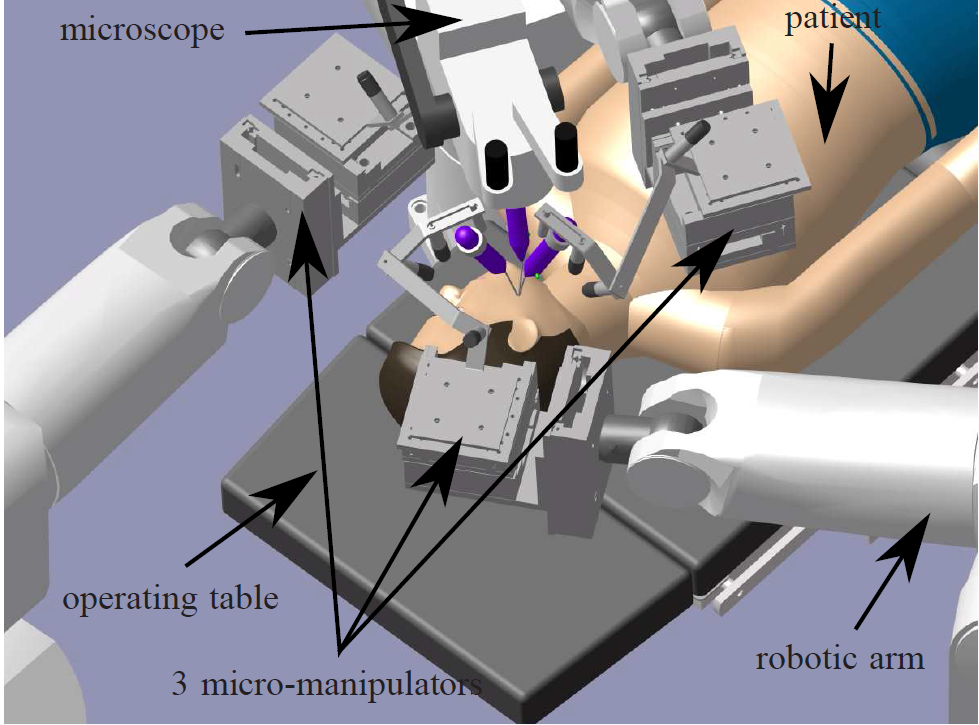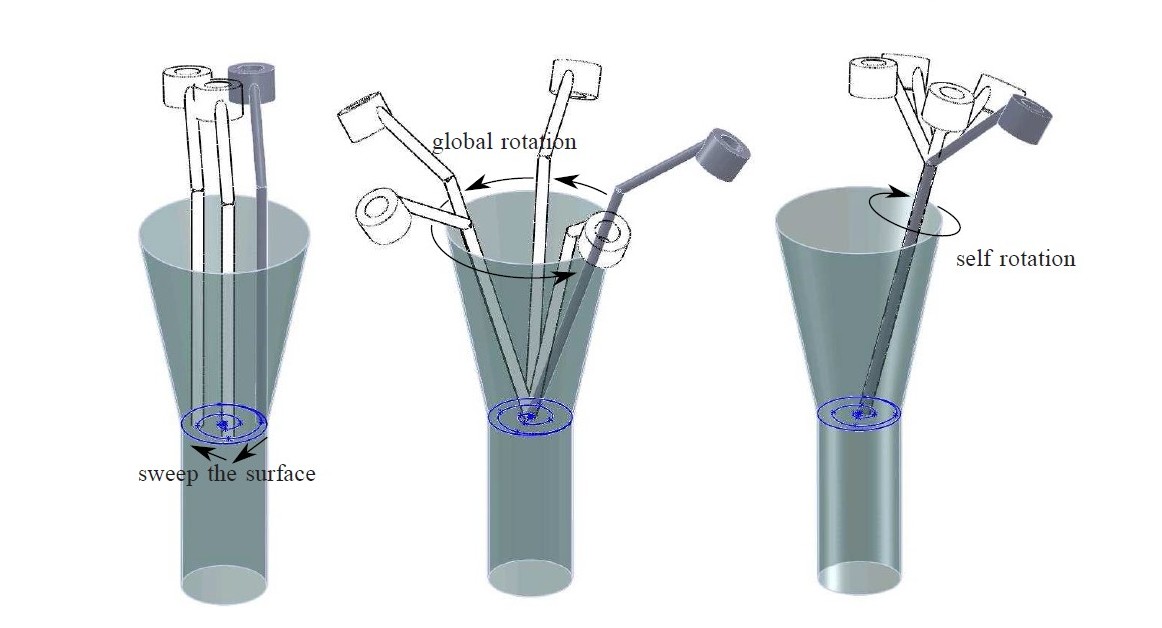By Rachel Tenney, Ingrid Rumbaugh and Addy Mehta
This podcast focuses on the applications of micromechanical surgery, how it is being used today, and how it could be used in the future. The possible implications of nanotechnology, especially in surgery, including advantages, disadvantages, and ethical concerns are a focal point in this discussion.


Your podcast was very interesting. The portion about middle ear surgery was a great example of a common application of micromechanical surgery. Without micromechanical techniques, middle ear surgery would be much less successful. I also liked how you explained your figures; it was very easy for me to follow and provided a lot of information. Another point I found interesting was that surgeon’s are likely to be surpassed by new technology and techniques in their lifetime. Your conclusion used attention-grabbing words and made me want to learn more about the topic.
Thank you for your response-we appreciate the feedback! We found a very helpful article that explained in technical detail how this robotic device has improved middle ear surgery. The article also explained, more generally, how micromechanical surgery is being developed today, as well as how it may impact the future of the surgical field. When we thought about how to set up the podcast, we decided that an interview style would keep the audience interested, especially since the interviewees were presented as authority figures in the area of interest.
I thought your podcast was really intriguing due to the way you set it up. I liked how you chose to do a “dialogue-style” podcast. The conversation made your topic much easier to understand. It was really helpful that you all described your images very well. It was much easier to follow along with what the images were trying to show. I liked how you discussed future uses for nanotechnology in the medical field. For example, I found it quite interesting when Rachel began to talk about cell regeneration and revitalization. Overall, you all did a really great job and it was clear a lot of effort was put into your podcast!
It’s great to hear positive feedback on how the podcast was set up. The conversational style was specifically chosen to make it easy for the audience to follow a discussion on the technical aspects of nanotechnology in micromechanical surgery, as well as a discussion on concepts like possible future ramifications of this technology, which seemed incredible (and even far-fetched) to us when we first researched them. We are very glad our technique seems to have worked!
Great podcast! I liked how you went about explaining every piece of the image in great detail. It made it easy to imagine what happens during the procedure and kept me eager to learn more about it. I also liked the fact that you used dialogue because of the questions that were asked that led to more in depth analysis of your topic. Great job!
Nice podcast, I found both your format for presentation and the graphics you used to be especially informative and creative. Specifically, your group used the idea of interviewing “specialist” in order to convey your information. No, other group did this, and for that reason it is very unique. Also, I wanted to mention that the pictures you used really helped to illustrate your information. The pictures, combined with your podcast, gave a very insightful depiction of how a micromechanical surgery works. Fantastic stuff!
The sound quality and dialogue style were done excellently. Your podcast really gets my mind going considering all of the future possibilities of micro-mechanical remote surgery. I thought it was a good idea to mention the imperfection of the human hand and how micro-mechanical surgery provides less risk and higher accuracy in surgery. I only wish you would’ve mention the educational measures that would be needed to be taken in the training of surgeons in order to implement this technology. Well done.